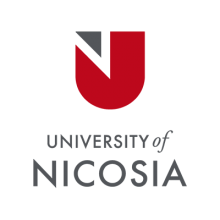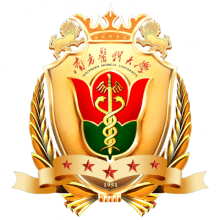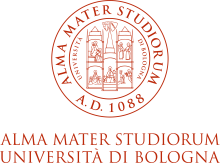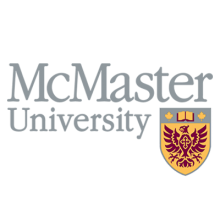
Wer die Wahl hat, hat die Qual - The bigger the choice, the harder it is to choose
My philological studies have satisfied me that a gifted person ought to learn English (barring spelling and pronouncing) in thirty hours, French in thirty days, and German in thirty years. It seems manifest, then, that the latter tongue ought to be trimmed down and repaired. If it is to remain as it is, it ought to be gently and reverently set aside among the dead languages, for only the dead have time to learn it.
- Appendix D of A Tramp Abroad, "That Awful German Language" Mark Twain
Learning German is no mean feat, and the life of a Germanistik student is certainly no Ponyhof*, if Mark Twain’s denunciations are anything to go by. Yet, in an academic climate where arts degrees seem to be discredited as dubious and directionless endeavours, I feel it important to encourage and exalt the study of languages and literature.
As I write this, thousands of 17 and 18 year old high-schoolers are mulling over their university choices. They are weighing up parental expectations, grade predictions, personal interests and skills and making their first steps towards university life and ultimately, towards their careers. As someone who knows this confusion all too well, let me argue in defence of the study of Deutsch.
I embarked on my quest towards German fluency four years ago at Trinity College Dublin. Needless to say, my first year was a blur of speedily scribbled homework assignments, disastrous grammar tests and gruesome hangovers. After two semesters of coasting along, relying on my fortuitous pronunciation, and allowing linguistic improvements to stagnate entirely, I was more or less ready to quit.
What was I really learning this for? What would it bring me to trawl through pages of pointless grammatical phrases, when so many of my peers were studying towards real, tangible careers in engineering, pharmacy and medicine?
However, deciding that I hadn't really given it a chance, I chose to persevere and found myself several months later at the University of Cologne as part of the Erasmus exchange programme. Aware that my first attempt at student life had involved a lot more gin and ice-cream than it possibly should have, and much too little attendance and hard work, I resolved that my semester abroad would be different; gin and ice-cream would be replaced by beer and Bretzeln. More importantly, I would attend all my classes and study a lot harder. The latter proved to be not so difficult, as the German University system simply does not allow for poor attendance - miss more than three classes and you fail; end of story.
Thus, as a result of both internal and external pressures, I began to really delve into my studies for the first time. I realised how interesting and rewarding it could be to stop questioning what financial or career-based rewards might be reaped from a degree, and to start learning for pleasure. Speaking out in class was both terrifying and exhilarating. On the one hand, formulating academic arguments in German was an elaborate exercise, requiring quite a bit of mental effort. On the other hand, expressing myself somewhat eloquently to a class of native speakers was exciting and rewarding and made me feel like a spritely arthurian Parzival, hot on the heels of the holy grail.
A couple of years later, and I’ve graduated from Trinity, having spent my final year suitably stressed but totally enthused about all things German. The vast and varied spectrum of potential study available to language graduands meant that my course introduced me to feminist literature, magic realism, vampiric texts and necrophilia (yes really - I’m looking at you, Goethe...) fables, fairy tales, unicorns and so much more. I discovered that, from the moment my enthusiasm had truly been awakened in a crowded lecture theatre in Cologne, the study of German brought with it a wealth of exciting cultural knowledge, from intriguing texts and works of art to theatre, film and poetry.
Most importantly though, it brought me to where I am today in the heart of the German Capital. I intern with artists during the week and am currently spending this Sunday evening sitting in my gorgeous Altbau room in the centre of this wonderful city, breathing in the festive scent of Glühwein and Plätzchen and feeling that life is very very schön. Who needs a ‘real’ degree?
*Literally 'pony farm' but used to mean 'Life is not easy'























Have your say